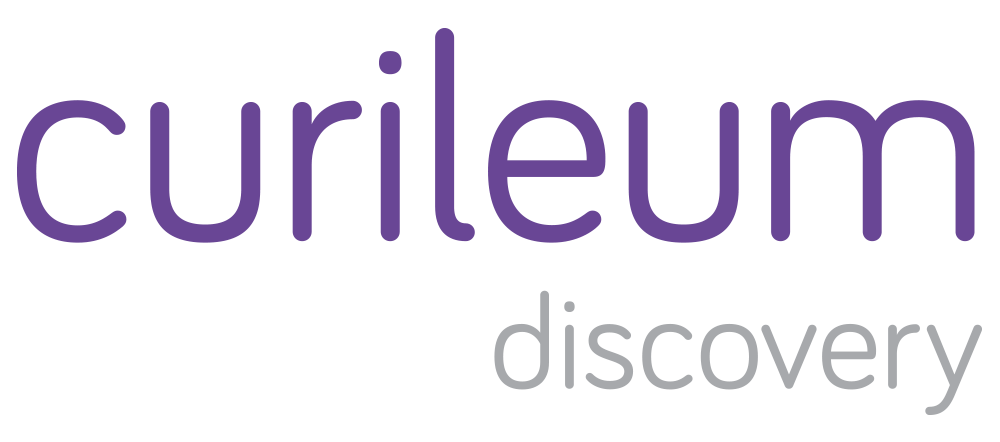Pipeline
ULI-015 oral drug
Novel small molecule drug to intervene early to reduce polyp formation and progression to colorectal cancer
ULI-015 is a small molecule isolated from a plant extract component of a traditional Chinese traditional medicine.
Curileum scientists identified ULI-015 by its capacity to convert precancerous gut mucosal stem cells to produce healthy mucosa in vitro.
Oral administration of ULI-015 over two months reduces by up to 10-fold in vivo polyp formation and disease progression in a preclinical bowel cancer model.
With an excellent safety and efficacy profile as a natural product, ULI-015 has the potential to reduce polyp formation and progression to bowel cancer for high risk individuals.
Bowel cancer is the 4th leading cause of cancer-related deaths in the world. Despite a $12bn worldwide market growing to $17bn by 2027 for treating bowel cancer, there remains no medical cure. The five-year survival rates are 60%, even after surgeries and current therapies.
CSR-1 drug target
Soluble regulator drug target driving chronic inflammation in IBD, bowel cancer, and obesity
Curileum scientists hypothesised that a soluble regulator in diseased anorectal tissue of Crohn’s disease patients drives chronic inflammation by promoting the overproduction of mast cells.
Mast cells are the first line of defence in a compromised gut barrier in inflammatory bowel disease (IBD), bowel cancer, and a hyperpermeable gut leading to a wide range of conditions.
Curileum scientists identified a soluble regulator, termed CSR-1, in Crohn’s disease that promotes production of mast cells in vitro from the gut mucosa.
The scientists are screening and characterising oral small molecule antagonists to intervene early in the chronic over-activation of immune system.


